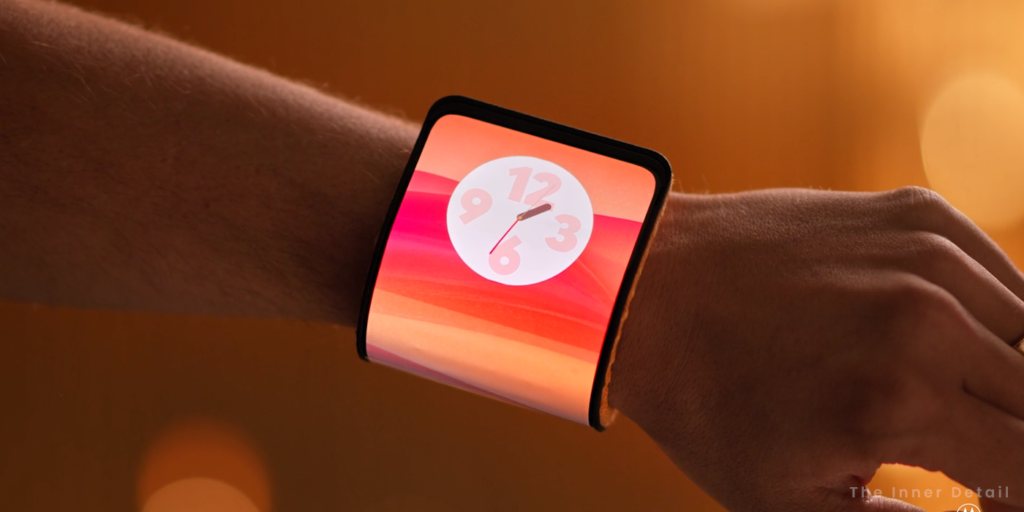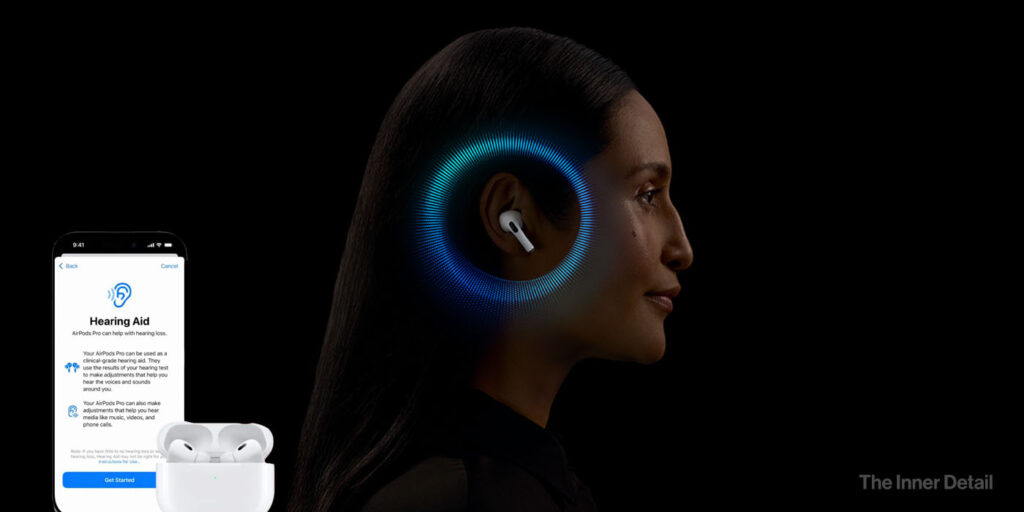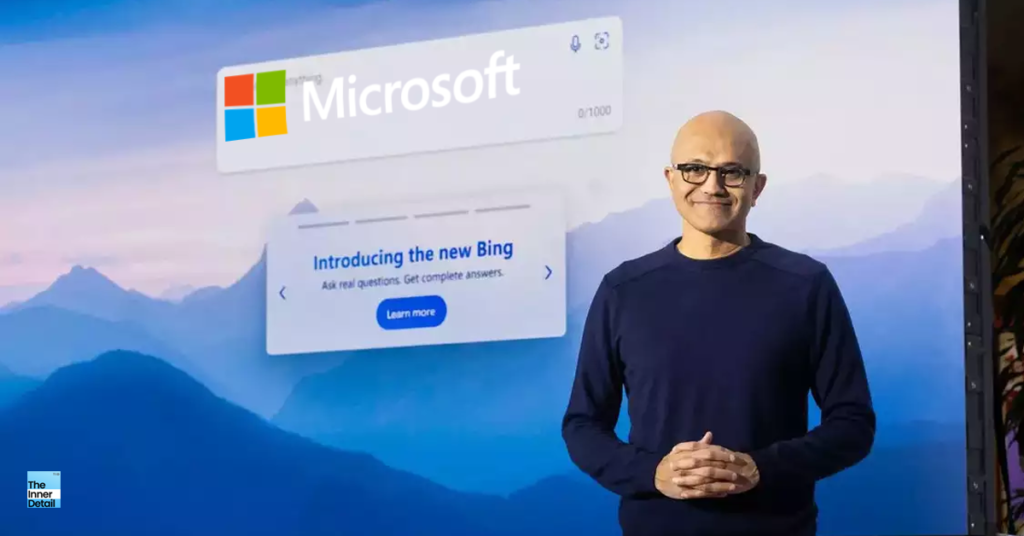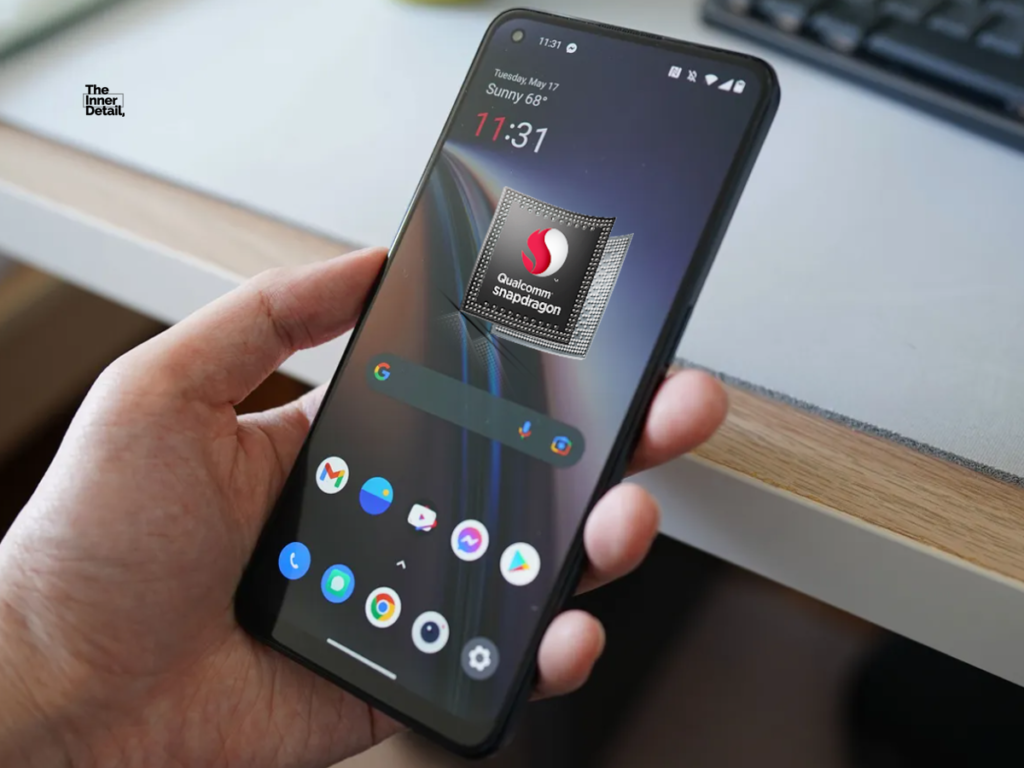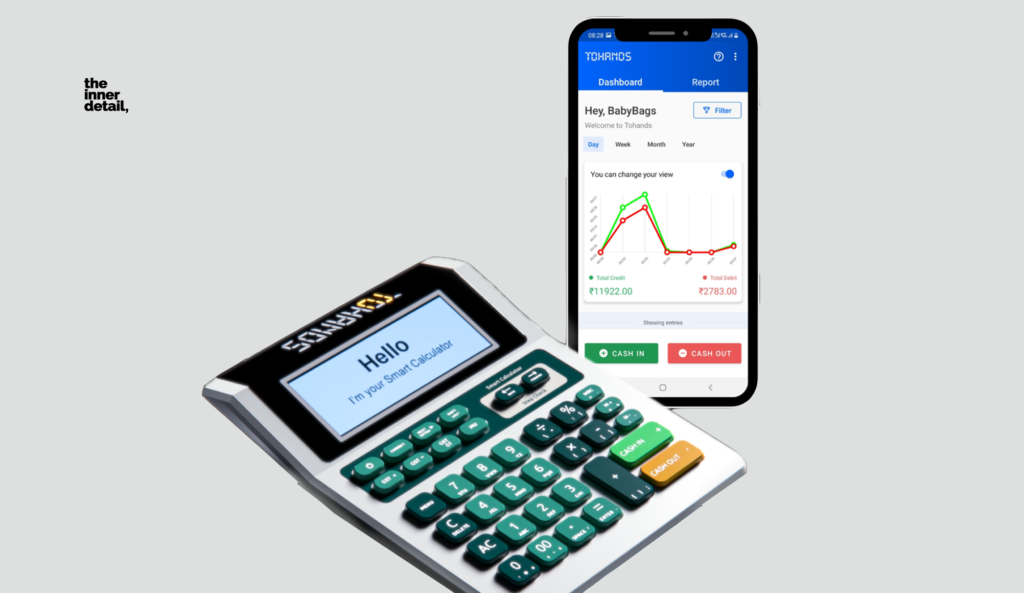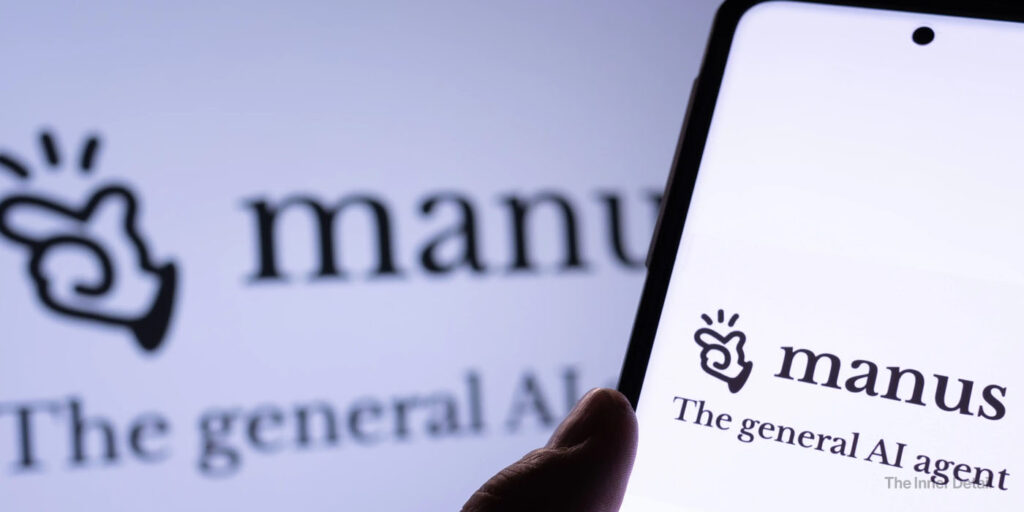Motorola teased a flexible smartphone with an adaptive display which is bendy and you can wear it around your wrist like a bracelet.
As smartphones evolve over time with many inclusions in its software, its hardware also gets several huge enhancements. Amidst the hardware of phones, display technologies have constantly been through lot of innovation, starting with foldable phones to this latest flexible display or adaptive display tech by Motorola.
Motorola unveiled this concept flexible smartphone at Lenovo Tech World’23 in Austin, Texas. It’s not just you can wear it as a bracelet, but the phone can be bent into multiple shapes, as you want.
Motorola’s Flexible Phone


The new flexible smartphone of Motorola has an adaptive display concept that bends to customer’s needs. The full 6.9” flat display can be adjusted into a 4.6” compact display, which enables the phone to be self-standing, to sit on a flat surface like a bedside clock. Users can also wrap the device around their wrist, which provides you a feel of smartwatch.
As it’s a friction-fit around your wrist, it’s advisable to not wear it while exercising or while engaging in energetic movement, since it would be likely to slip off. However, the phone can be magnetically clung to an unobtrusive bracelet that you wear underneath.
The back of the phone houses a fabric-kind of material, that can be folded as we want. Other details regarding its specifications and features are not yet revealed, except that the smartphone will come with the firm’s AI models.
AI Features in the Phone
Smartphone-makers are being pushed to include artificial intelligence tools to devices, as the trend has been set by few big-players like Google. As Google started incorporating AI-features and tools in its app like Gmail, Google Photos, and in voice assistants, other companies also wanted to replicate it in its own way.
The currently trending – generative AI model, is what Motorola has pulled off. The firm has developed a generative AI model that runs locally on the device to allow users to extend their personal style to their phone. Means, there are lots of customizing options your phone will enable you to do.
For example, users can upload or capture a picture of their outfit and let AI to do the magic like automatically generate matching wallpaper, enhance the picture and removing elements within the picture.
MotoAI
The next thing Motorola aspires to include is “MotoAI”. MotoAI is the firm’s own chatbot similar to ChatGPT and Bard. “Users can engage with their personal MotoAI assistant to answer questions, draft messages, schedule tasks and do much more,” Motorola writes.
MotoAI processes data and runs task locally on-device, offering enhanced data privacy to users, unlike most LLMs which runs on cloud-based operations. The AI also analyses the users’ behavioural patterns and preferences with the phone, and helps the device to be more personal, and dynamic over time.
Smartphones are not going to be the same in future as it’s now. Likely as foldable phones, there will be this flexible phones and indeed self-healing display phones, in the upcoming years. As long as people want something new with what they own, firms will be converting this challenge as opportunity to delve upon innovative ideas to deliver that “new”.
(For more such interesting informational, technology and innovation stuffs, keep reading The Inner Detail).
Kindly add ‘The Inner Detail’ to your Google News Feed by following us!
